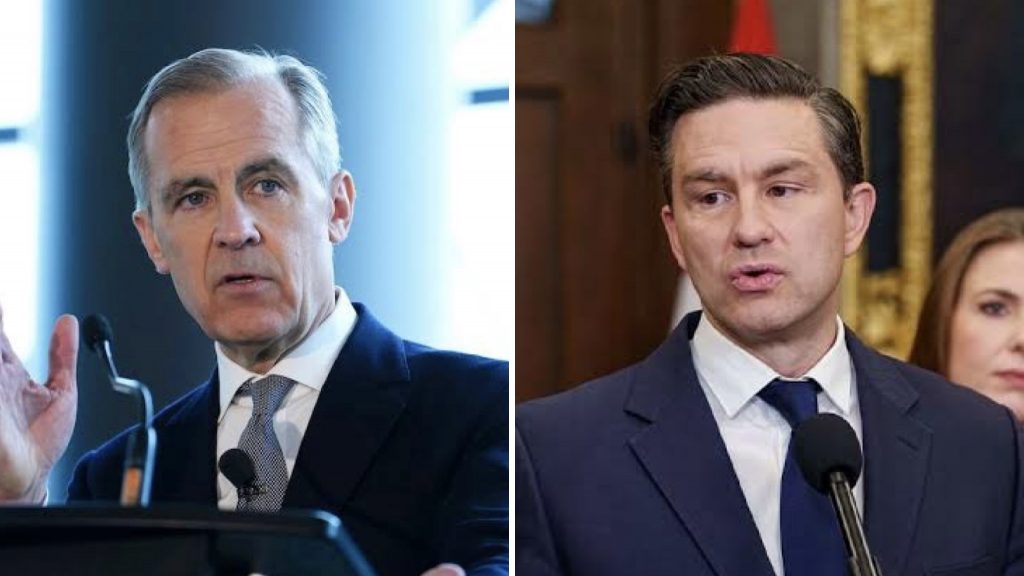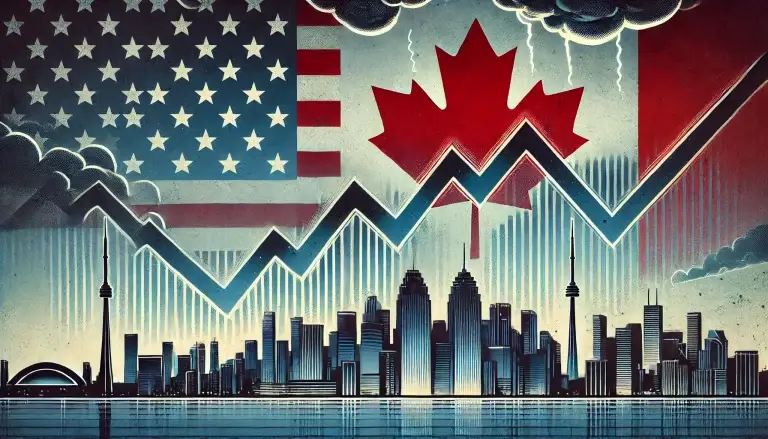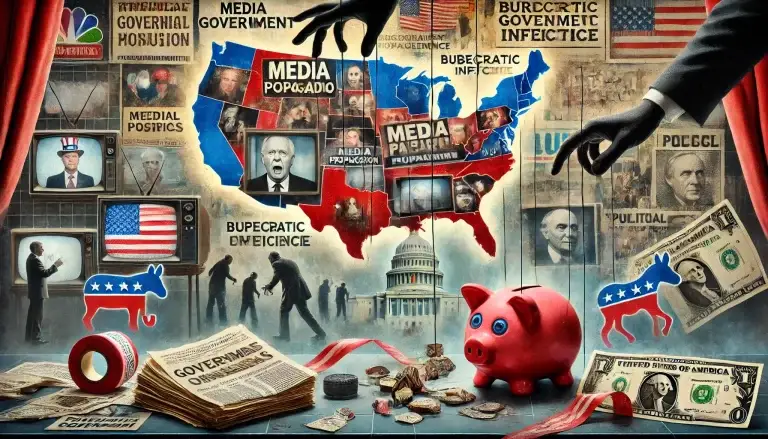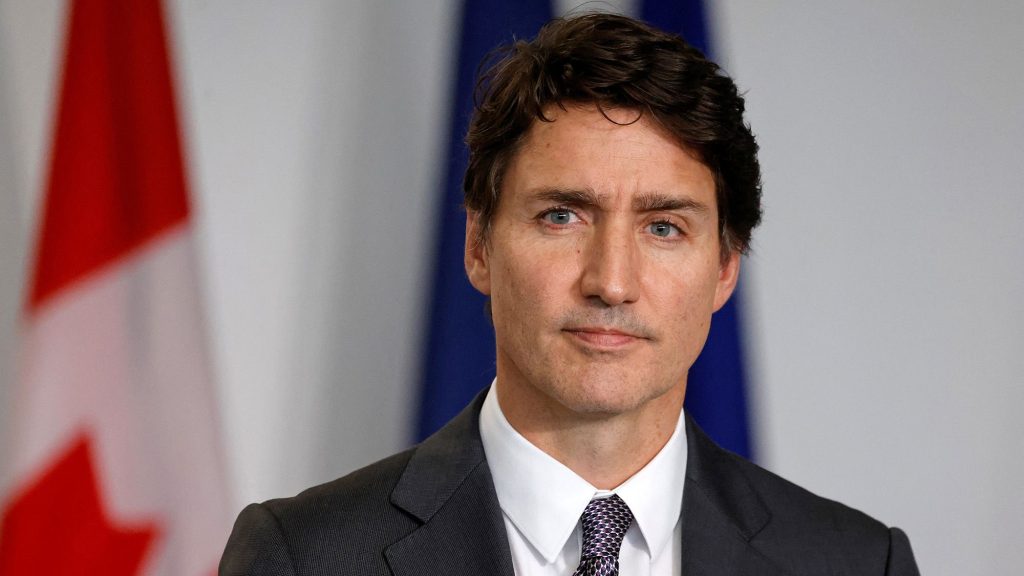
In recent weeks, President Donald Trump has reignited controversy by suggesting that Canada should become the 51st state of the United States. In a Fox News interview aired during the Super Bowl preshow on February 9, 2025, Trump stated, “I think Canada would be much better off being the 51st state because we lose $200 billion a year with Canada. And I’m not going to let that happen.”
These remarks have been met with widespread rejection from Canadians. A Leger poll conducted between February 28 and March 2, 2025, revealed that only 9% of Canadians support the idea of becoming a U.S. state, while a staggering 85% oppose it. Support for annexation is slightly higher in Alberta (15%) and among Conservative supporters (18%), but remains a minority viewpoint across all regions and political affiliations.
Canadian leaders have also voiced strong opposition. Mark Carney, the newly elected leader of Canada’s Liberal Party and successor to Prime Minister Justin Trudeau, criticized Trump’s annexation proposal in his victory speech, asserting that such actions would “destroy Canada’s way of life.”
Additionally, King Charles has expressed concern over the escalating tensions between Canada and the U.S., emphasizing the need for unity among Commonwealth nations during these uncertain times.
Public figures have also weighed in. Canadian comedian Mike Myers made a statement on “Saturday Night Live” by wearing a T-shirt emblazoned with the Canadian flag and the slogan “Canada Is Not for Sale,” directly responding to Trump’s remarks.
From a constitutional perspective, the process of admitting a new state requires approval from both the U.S. Congress and the legislature of the state-to-be, making the annexation of a sovereign nation like Canada highly improbable.
In conclusion, despite President Trump’s recent statements advocating for the annexation of Canada, overwhelming public opposition, firm resistance from Canadian leadership, and significant constitutional hurdles render the prospect of Canada becoming the 51st U.S. state virtually impossible.



